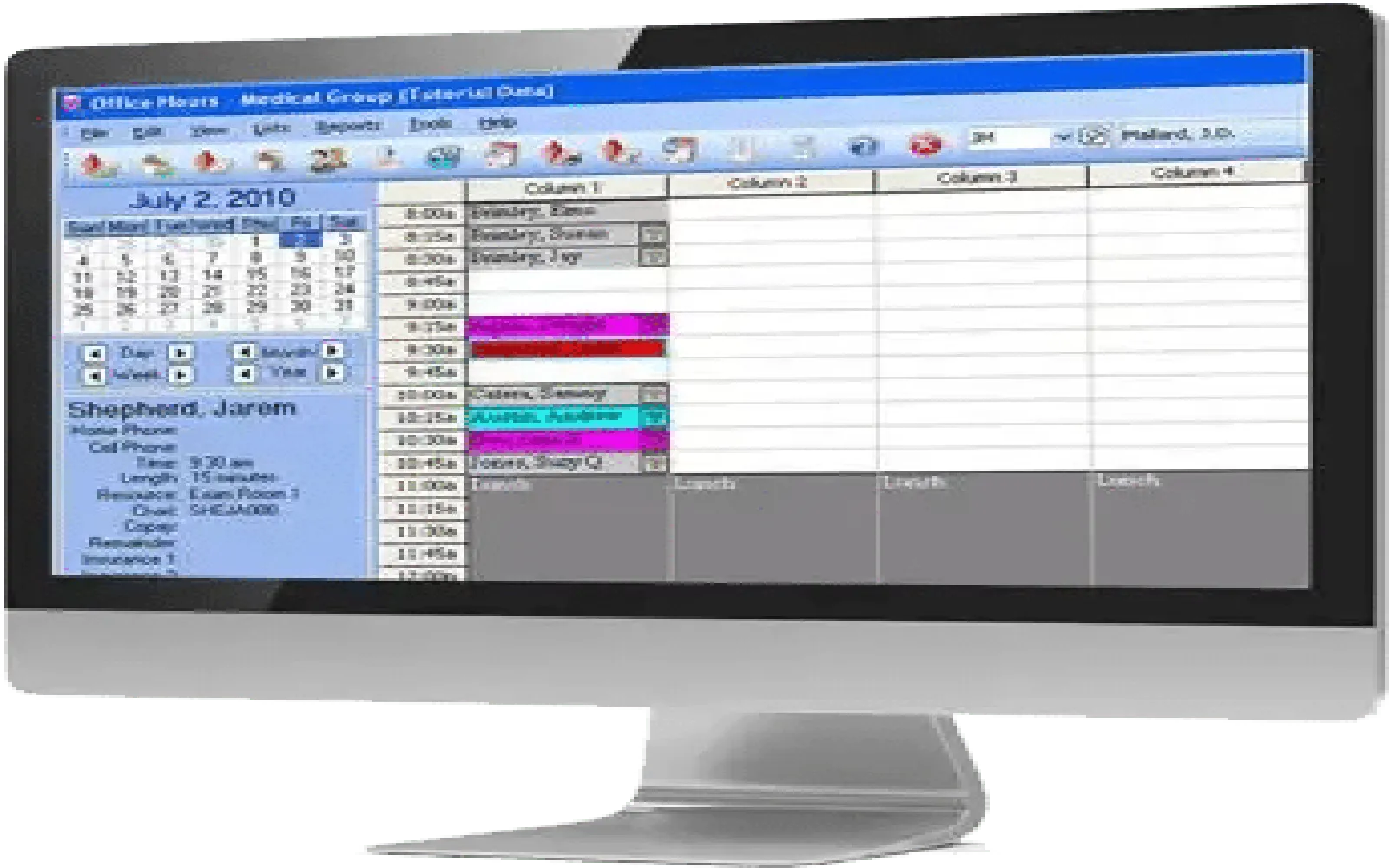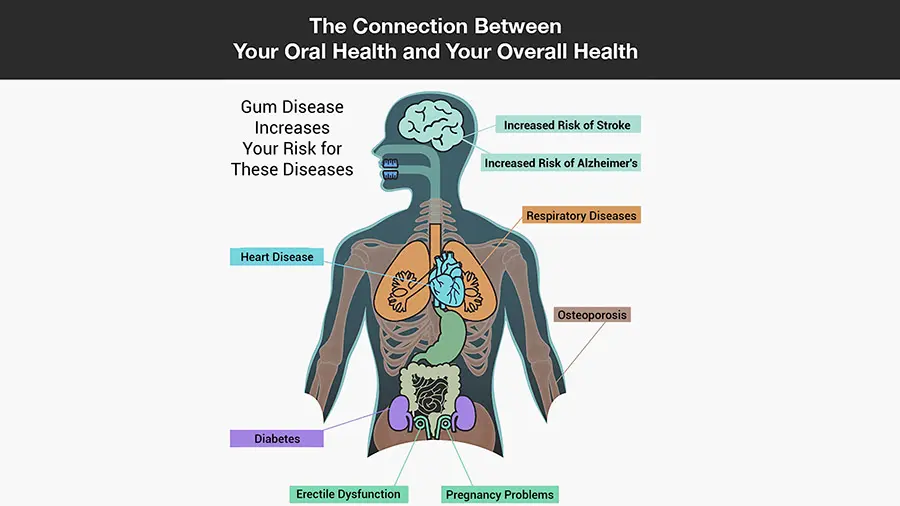Improving your financial health is essential for achieving long-term stability and peace of mind. Whether you’re looking to reduce debt, save for retirement, or simply manage your monthly expenses better, there are easy ways to enhance your financial situation today. Here are some practical steps you can take to get started.
1. Create a Budget
One of the most effective ways to improve your financial health is by creating a budget. A budget helps you track your income and expenses, allowing you to see where your money goes each month. By categorizing your spending, you can identify areas where you might be overspending and make necessary adjustments.
Use budgeting apps like Mint or YNAB (You Need A Budget) to streamline the process. These tools can help you set financial goals, monitor your progress, and keep your spending in check. Remember, a budget isn’t just about limiting your spending; it’s also about making informed choices that align with your financial goals.
2. Build an Emergency Fund
Having an emergency fund is crucial for financial health. This fund serves as a safety net for unexpected expenses such as medical bills, car repairs, or job loss. Aim to save at least three to six months' worth of living expenses in a separate savings account.
Start small if saving that much seems daunting. Set a monthly savings goal and gradually build your fund. Even saving $50 to $100 a month can make a significant difference over time. Automate your savings to ensure you consistently contribute to your emergency fund without having to think about it.
3. Manage and Reduce Debt
Debt can be a significant burden and can negatively impact your financial health. If you have outstanding debts, create a plan to tackle them. Consider the following options:
- Debt Snowball Method: Focus on paying off your smallest debts first while making minimum payments on larger debts. This strategy can boost your motivation as you clear debts quickly.
- Debt Avalanche Method: Pay off debts with the highest interest rates first. This method saves you money on interest over time.
Consider consolidating your debts into a lower-interest loan to reduce monthly payments. Credit counseling services can also offer guidance and support in managing your debt effectively.
4. Increase Your Income
If possible, look for ways to boost your income. This could involve asking for a raise, seeking a new job, or starting a side hustle. Gig economy jobs, freelance work, or part-time positions can provide additional income streams that help improve your financial health.
Invest in your skills through courses or certifications that can lead to better job opportunities. The more you invest in your skills, the more valuable you become in the job market, potentially leading to higher earnings.
5. Automate Your Savings and Investments
Automation can simplify your financial management. Set up automatic transfers from your checking account to your savings or investment accounts. This ensures that you’re consistently saving and investing without having to remember to do it manually.
Consider using employer-sponsored retirement plans like a 401(k) or an individual retirement account (IRA). Many employers offer matching contributions, which is essentially free money. Take advantage of these opportunities to bolster your retirement savings.
6. Monitor Your Credit Score
Your credit score plays a vital role in your financial health, affecting your ability to secure loans, credit cards, and even housing. Regularly check your credit report for errors and disputes any inaccuracies. You can obtain a free credit report from each of the three major credit bureaus once a year.
Pay your bills on time, keep your credit utilization low, and avoid opening too many new credit accounts at once. These practices will help you maintain a good credit score, ultimately leading to better financial opportunities.
7. Educate Yourself About Personal Finance
Knowledge is power when it comes to financial health. Invest time in learning about budgeting, investing, and debt management. There are numerous free resources available online, including blogs, podcasts, and YouTube channels dedicated to personal finance.
Consider reading books by financial experts or enrolling in workshops to gain a better understanding of financial concepts. The more you know, the better equipped you will be to make informed decisions about your money.
Conclusion
Improving your financial health doesn’t have to be overwhelming. By implementing these easy strategies, you can take meaningful steps toward achieving your financial goals. Remember to be patient and stay committed to your plan, as lasting change takes time. Start today, and watch your financial situation improve!
| Action | Benefit |
|---|---|
| Create a Budget | Track spending and identify areas for savings |
| Build an Emergency Fund | Provide security for unforeseen expenses |
| Manage Debt | Reduce financial burden and improve credit score |
| Increase Income | Boost savings and investment potential |
| Automate Savings | Ensure consistent contributions without effort |
| Monitor Credit Score | Enhance borrowing opportunities and financial options |
| Educate Yourself | Make informed financial decisions |









